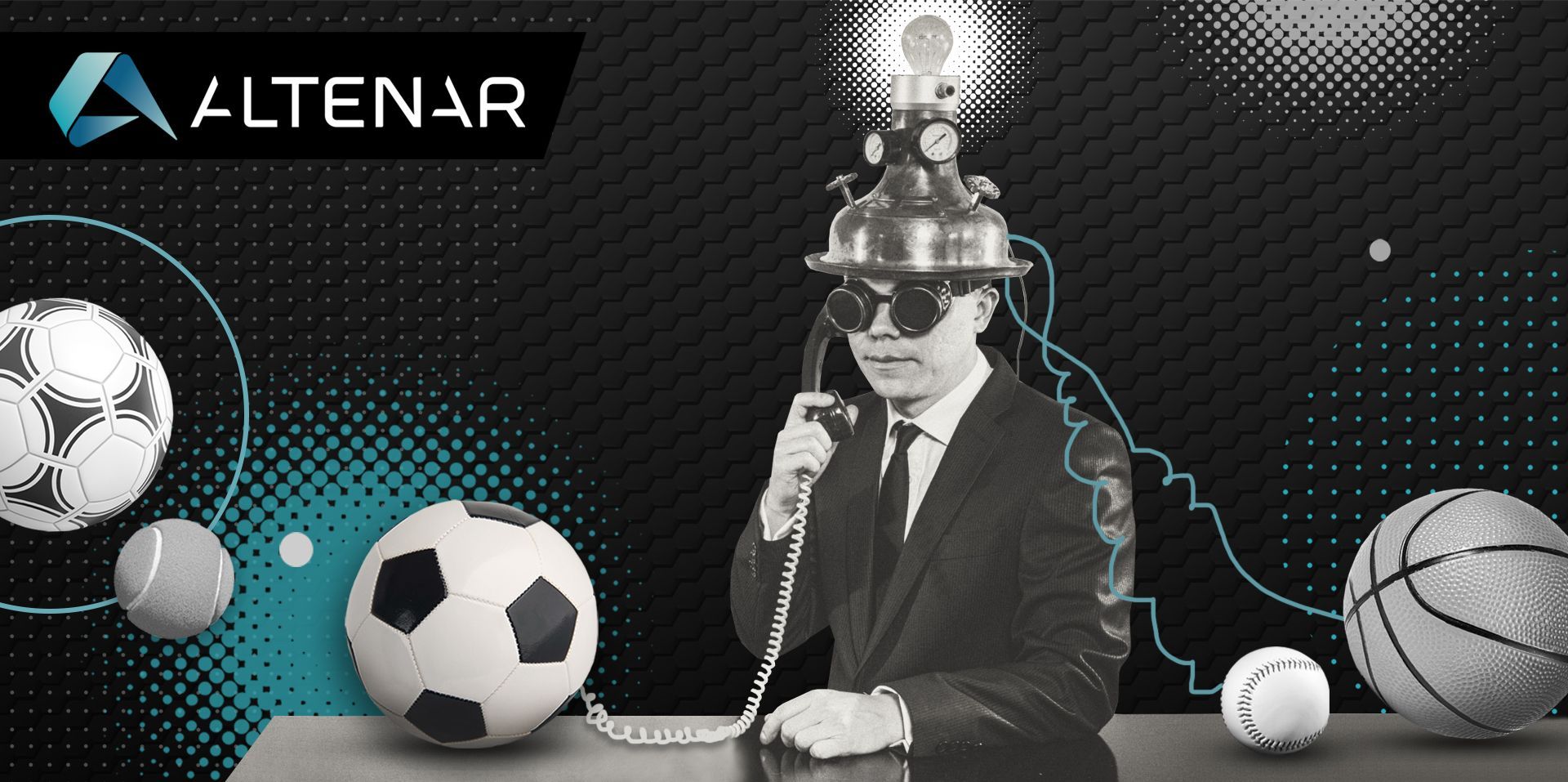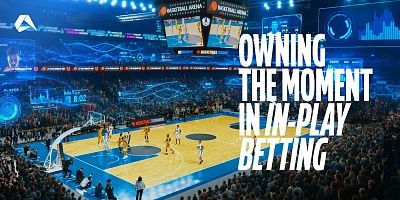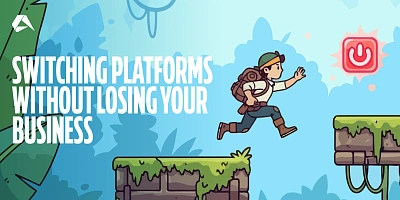As more players and bettors both new and seasoned increase time spent in online bookies, casinos and poker tables, it’s prudent to try to understand or take a sneak peek behind the curtain, at what the player thinks when they win or lose a game. It’s in these sudden and often frequent moments that could inform a player's next betting experience and if they are willing to take the risk again.
In reading a 2018 article titled, The hindsight bias effect in sports betting, ideas of cognitive bias seeped into the betting space to analyse how thinking of ‘loss as near-wins’ and ‘winning is not a bi-product of luck’ inspired the player to bet on another sport, another event and so on, without the fear of losing, as there appeared to be a rationale of ‘no true loss’. Compiling the theories of Amos Tversky and Daniel Kahneman (1972) and Professor of Psychology Thomas Gilovich who applied the cognitive bias theory to gambling in more recent years it became clear that these ideas could underpin every betting decision fr om the initial, original bet and be one of the driving factors as to why players often return to bet as well.
Though, what were some of the key highlights of the article, studies and experiments centred around cognitive bias and hindsight bias?
Near-Wins Could Add To Bettor Retention And Demonstrate Hopeful Instances Where Players Grow Skilful
Accepting a bet at face value without translating loss and wins into quantifiable instances of success and failure could be the key to attributing greater importance to the entertainment side of betting, as opposed to the quick-buck side that has previously driven cognitive bias.
When players take a moment to digest the win or loss of a bet they are likely to draw new conclusions that further inform skilful decision making as opposed to ad hoc betting, which could drive player retention down as the near-wins might not be enough to sustain a bettor for too long.
According to German scientist Georg Cristoph Lichtenberg, “Once we know our weaknesses, they cease to do us any harm”, and this could be the case for cognitive bias, increasing the fun of betting for players and customer retention for operators by making players aware of this cognitive bias when placing bets.
With many different factors attributing to bettor behaviour from psychoanalytic theories to cognitive behavioural theories, as demonstrated in Volume 1: The Psychodynamics and Psychology of Gambling - The Gambler’s Minds by Mikal Aasved PHD, it becomes clear that the underpinning of player-psychology can help operators tailor content and events to better appeal to the growing use of decision making systems for players who take a moment to assess their cognitive bias.
Want to discover more about the world of sports betting and what entertainment-forward content Altenar offers operators and players? Contact the team today for more information!













